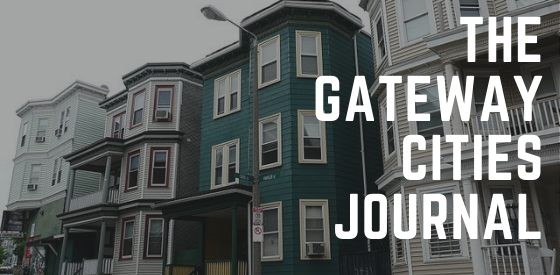On Monday, October 27th, House leaders unveiled a long-awaited $3.65 billion spending package that allocates about half of the state’s $5.2 billion federal American Rescue Plan Act (ARPA) windfall and most of the $1.5 billion state surplus from FY21. The bill outlines $600 million in housing investment, including $150 million for supportive housing, $150 million for public housing maintenance, $100 million for homeownership assistance, $100 million for the CommonWealth Builder Program, and $100 million for affordable housing.
While these resources will be extremely beneficial, we are concerned that the investment streams do not explicitly meet two needs that Gateway City leaders describe as most urgent: incentives to stimulate “missing middle” market-rate housing production and resources to support coordinated neighborhood stabilization efforts. To ensure that the final House package serves these needs, Gateway City legislators have filed two vital amendments.
Amendment 787, co-sponsored by Representative Antonio Cabral and Representative Andres Vargas, would provide $30 million to address the backlog in projects awaiting Housing Development Incentive (HDIP) credits. In addition, it would raise the annual allotment of HDIP credits to $30 million. The House voted in favor of increasing the cap in last year’s economic development bill, but the provision did not make it into the final package. As a result, the program is now imperiled by its own success. There are 41 Gateway City projects with over 2,200 units of housing and more than $700 million in private investment awaiting approval. This backlog means no HDIP funding will be available to new projects until at least 2027.
Amendment 1037, filed by Representative Mary Keefe, would provide $50 million to neighborhood stabilization initiatives in communities with weak housing markets. These funds would provide substantially more funding to the Neighborhood Hub initiative at MassHousing. The effort received a $50 million allocation in last year’s economic development bill. Capital allocations like these almost always run much higher than what the state can actually deliver with its limited bonding capacity. This year’s capital plan provided MassHousing with just $6 million for the program. There is an urgent need to acquire and rehab blighted buildings before these structures are lost. With ARPA resources, we could meet far more of this need.
On October 28th, the House will debate this major investment in the future of our Commonwealth. As residential communities home to an outsized share of the state’s population, it is critical that we make the most out of this opportunity and fashion the housing investment in a manner that leads to meaningful improvements in Gateway City housing stock and neighborhoods.
